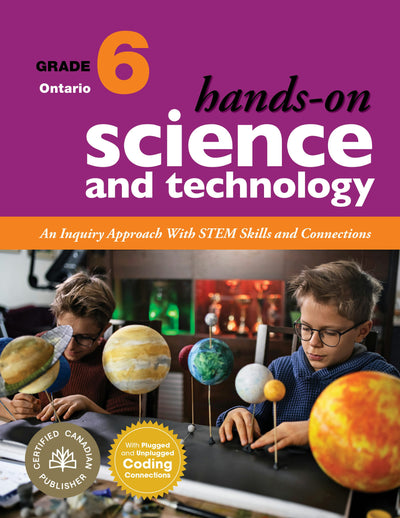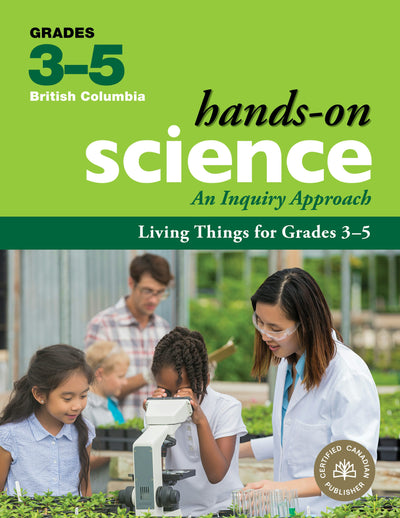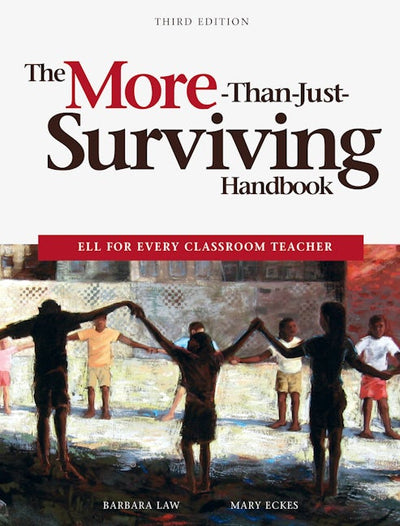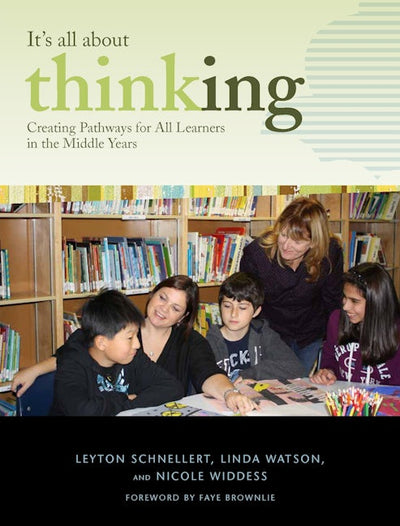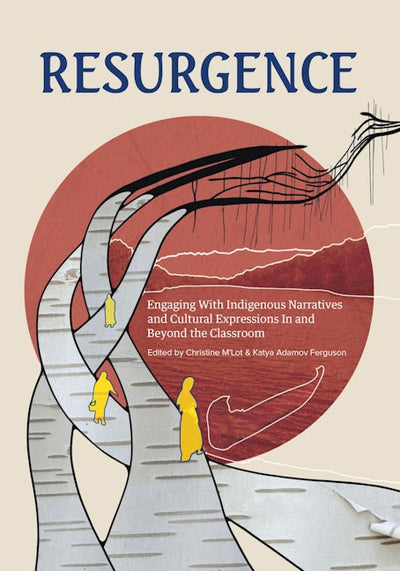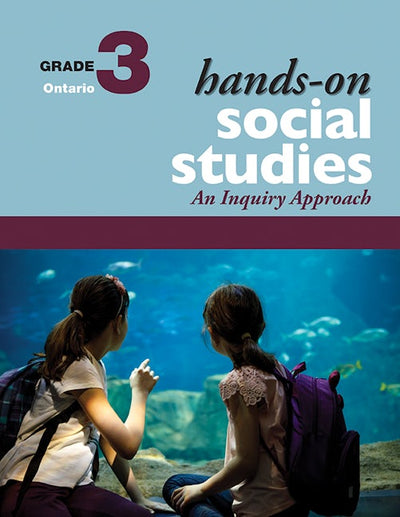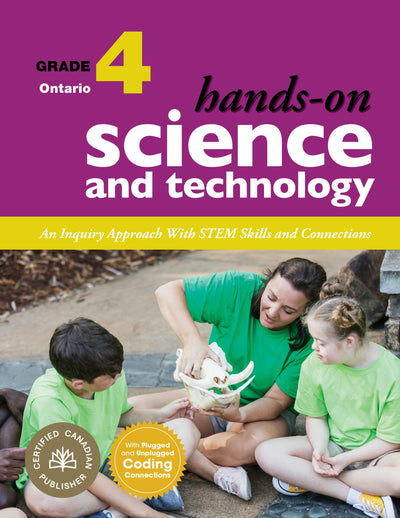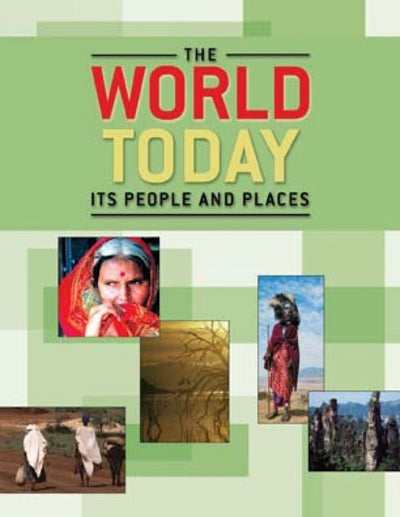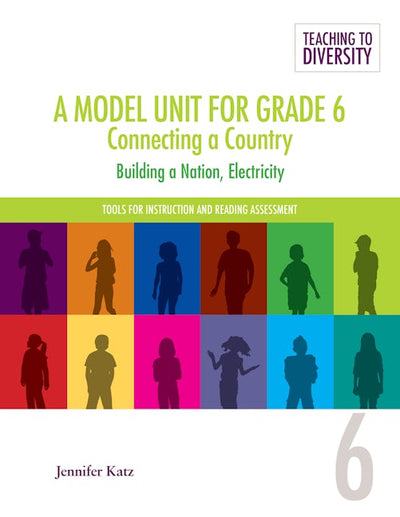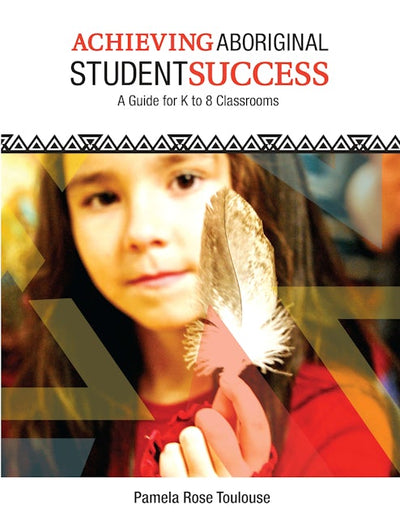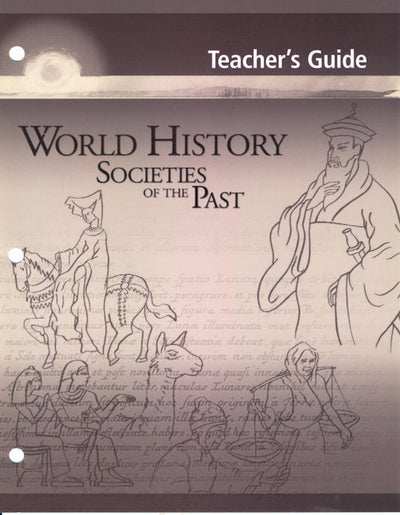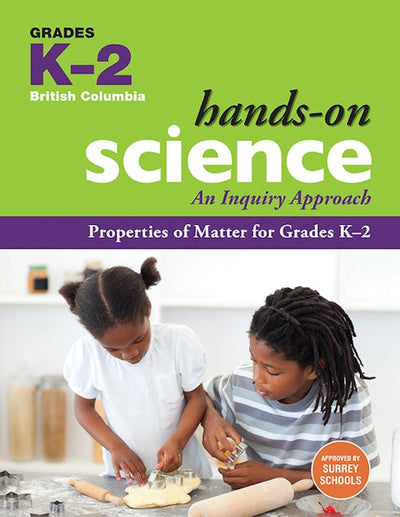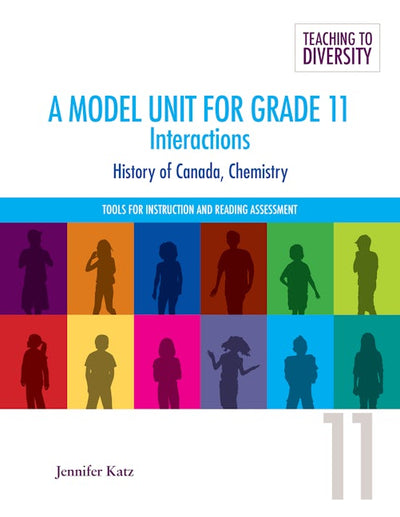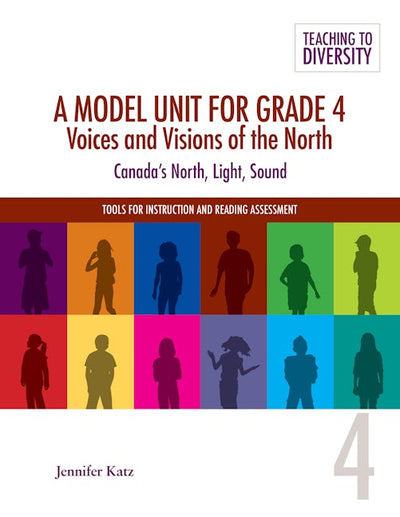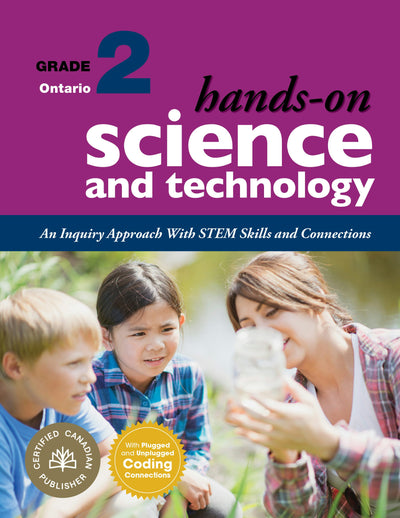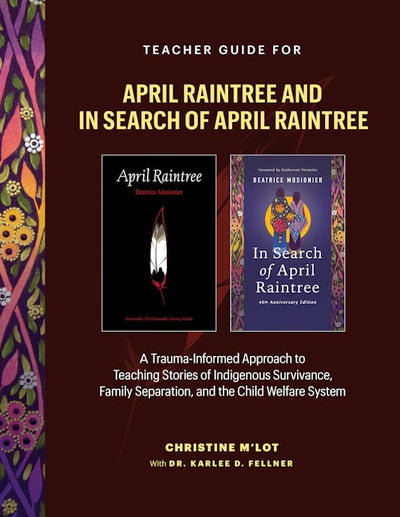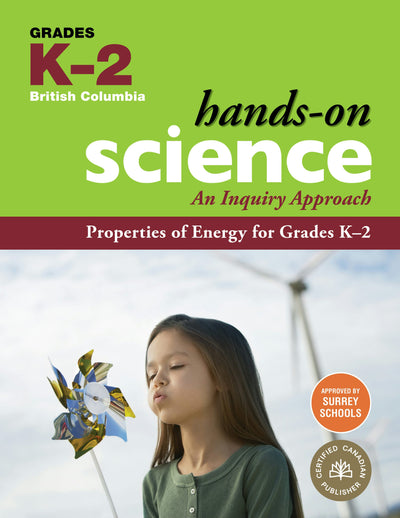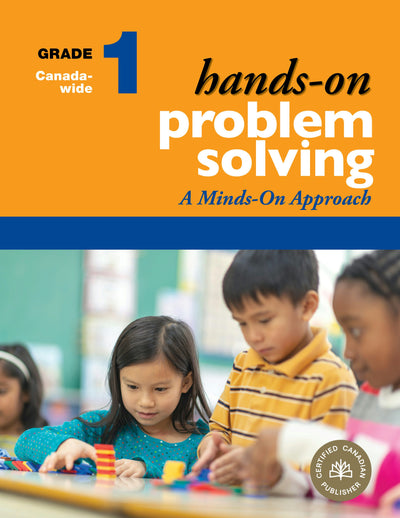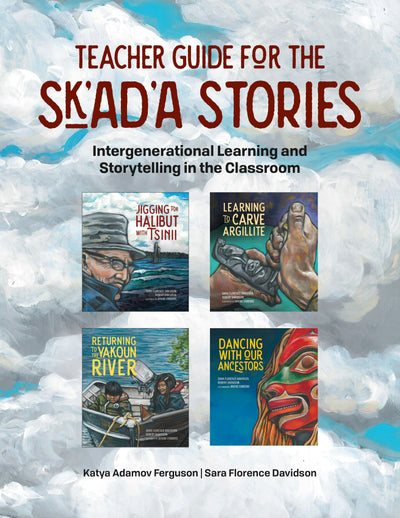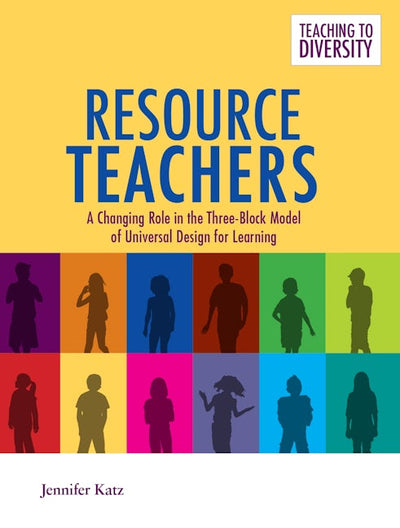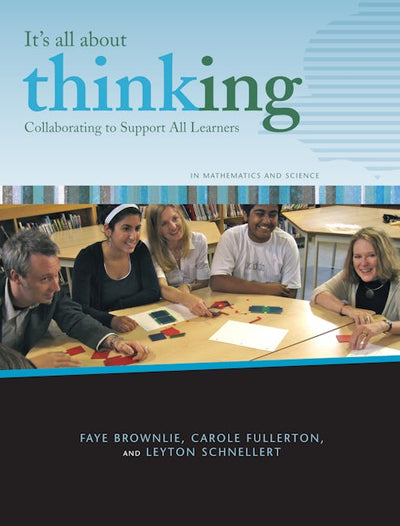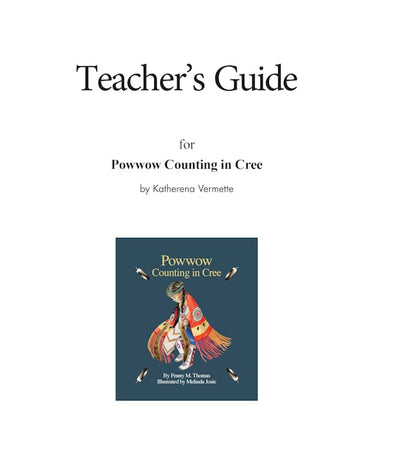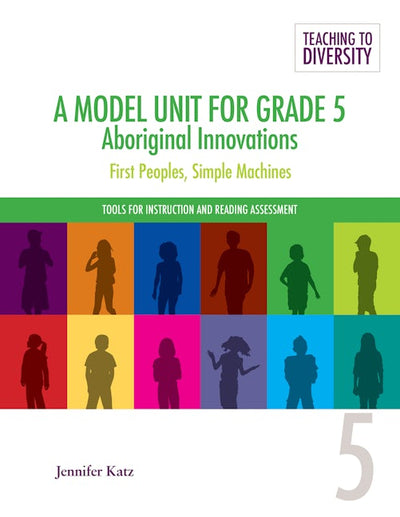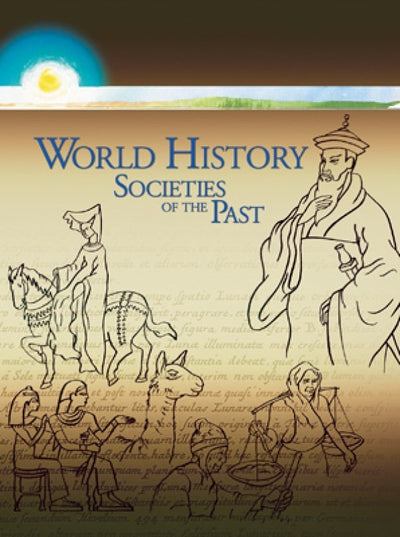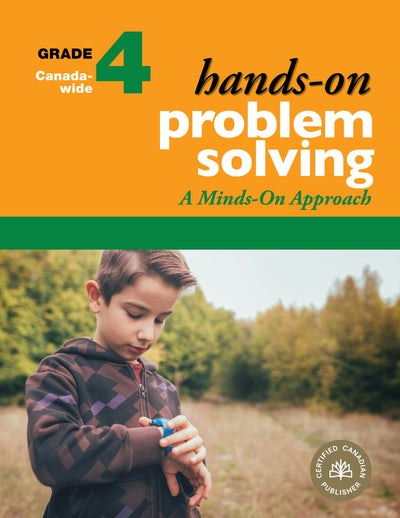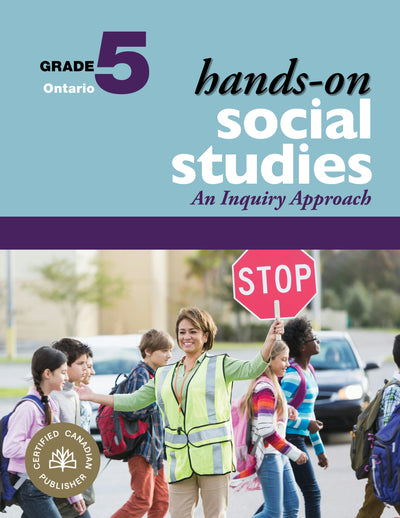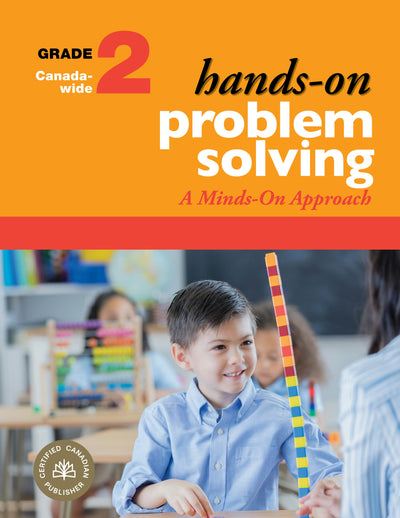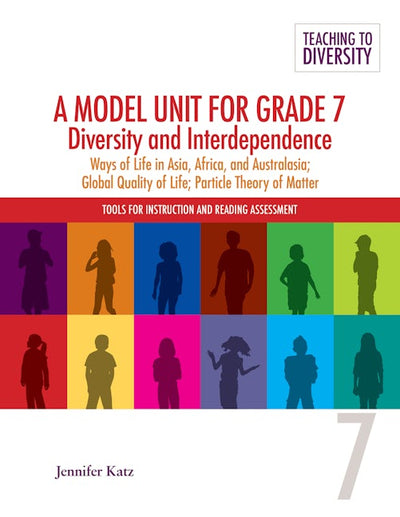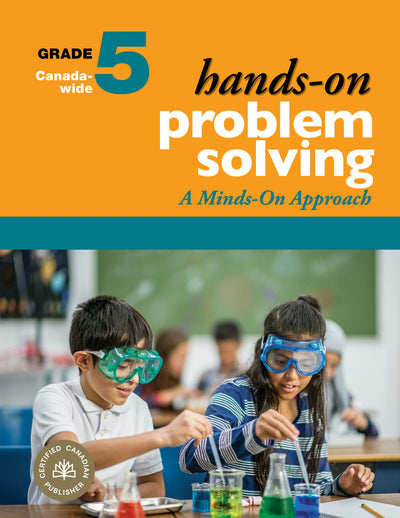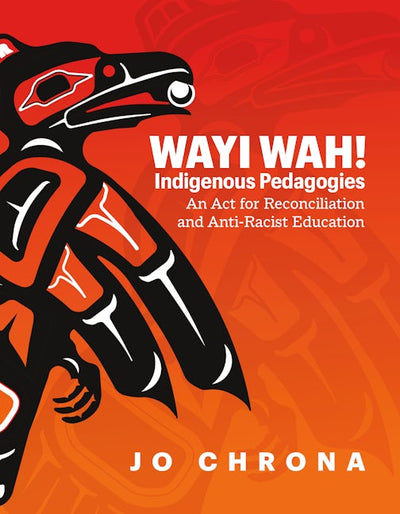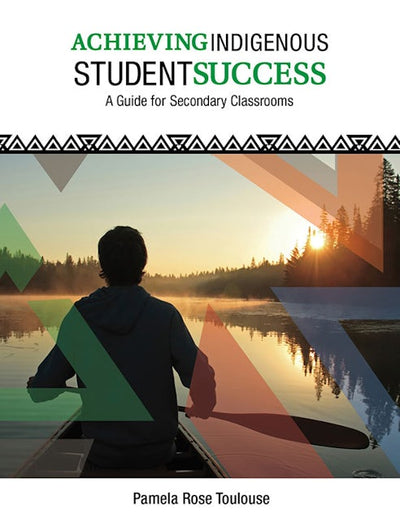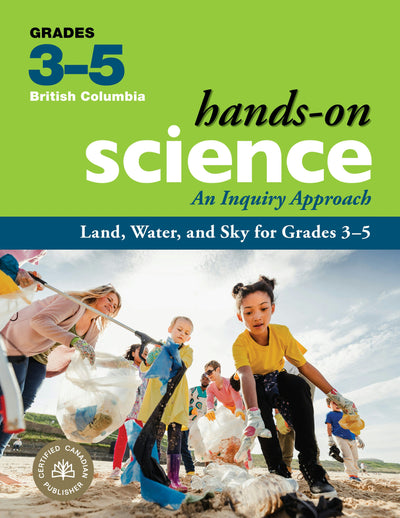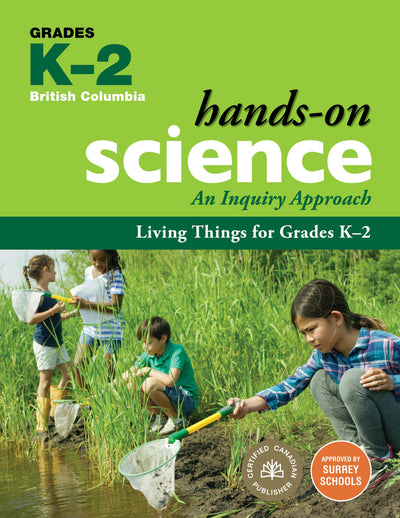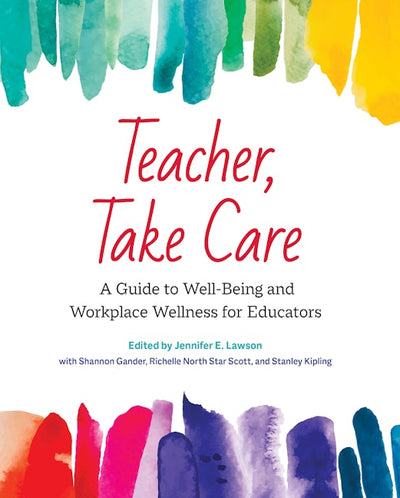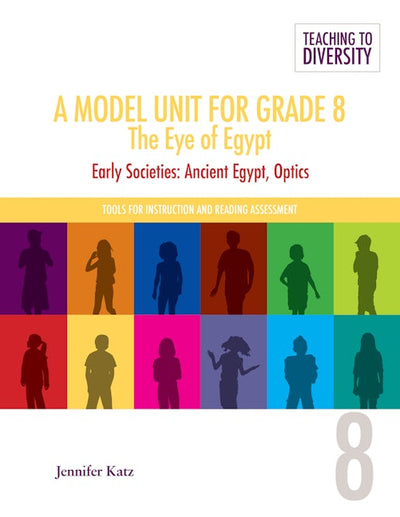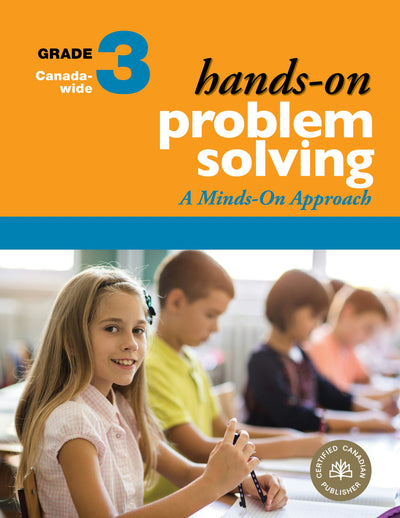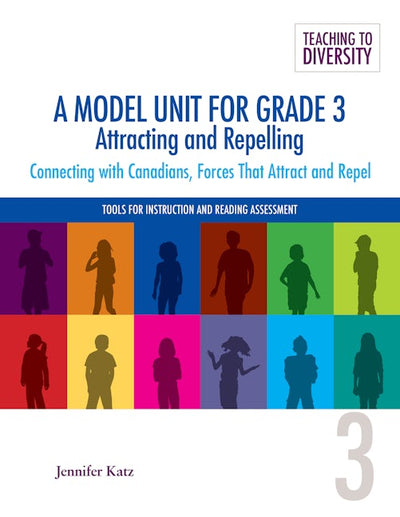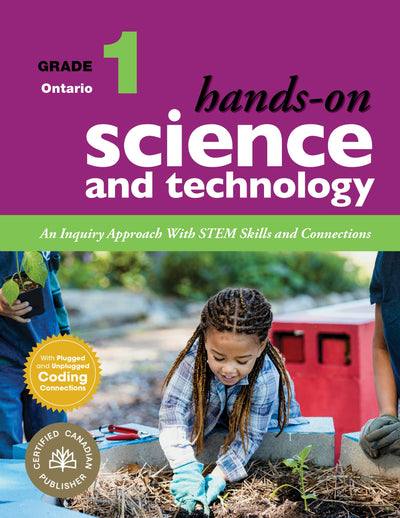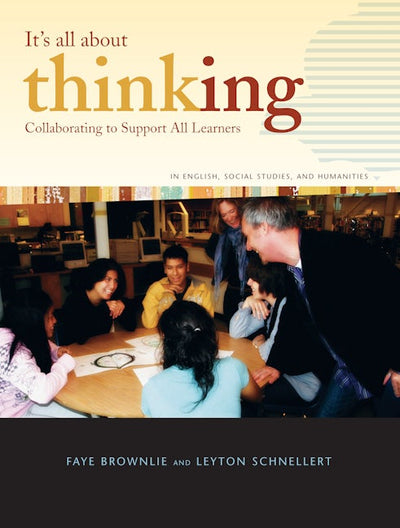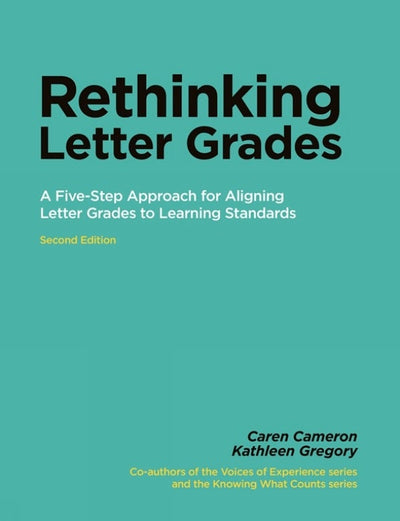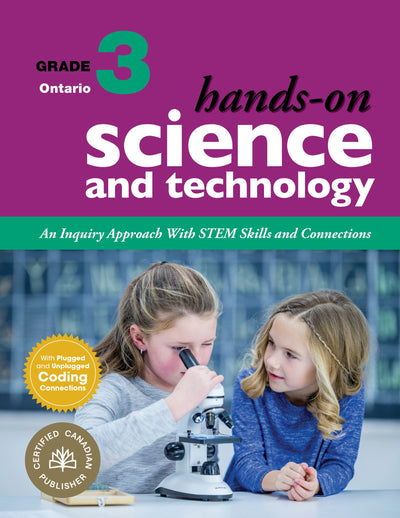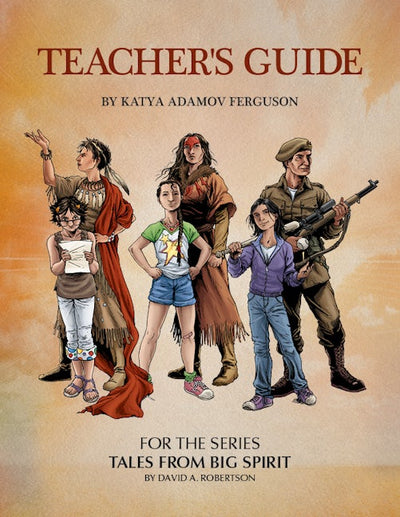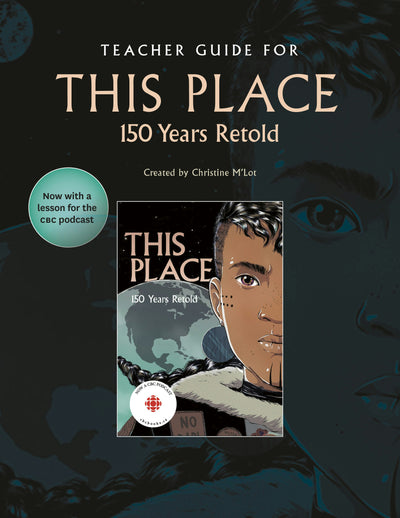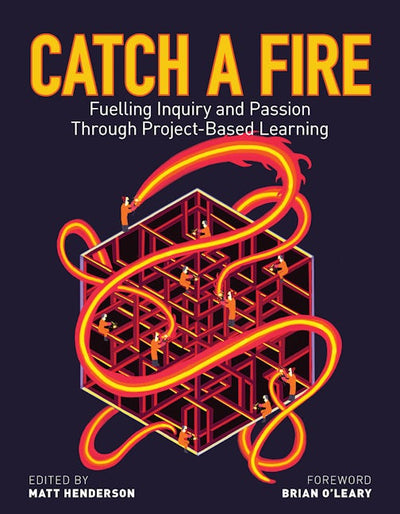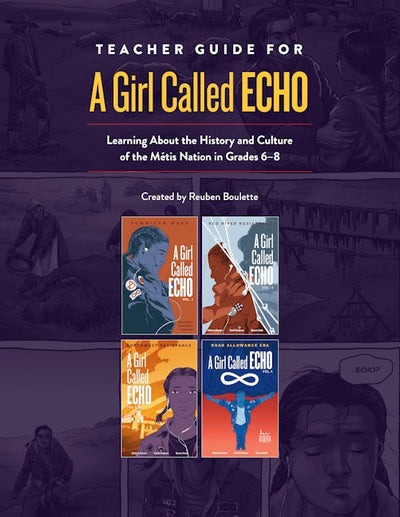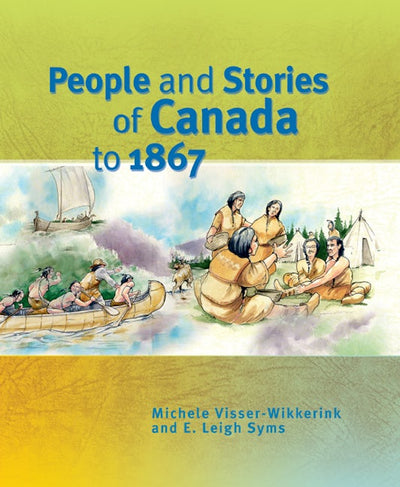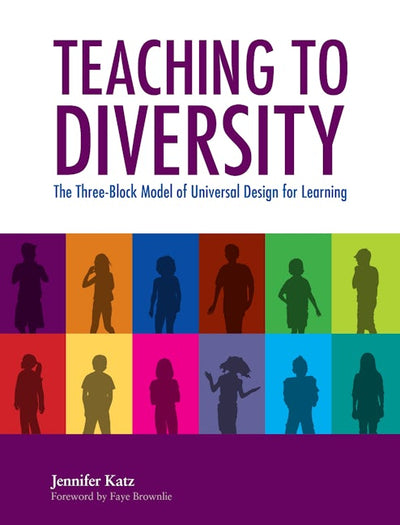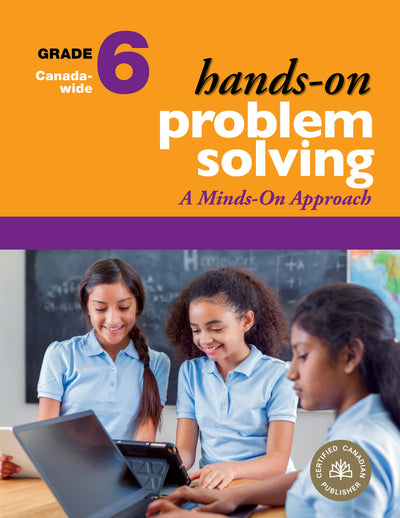-
Antiques & Collectibles
-
Architecture
-
Art
-
Bibles
-
Biography & Autobiography
-
Body, Mind & Spirit
-
Business & Economics
-
Comics & Graphic Novels
-
Computers
-
Cooking
-
Crafts & Hobbies
-
Design
-
Education
-
Family & Relationship
-
Fiction
-
Foreign Language Study
-
Games & Activities
-
Gardening
-
Health & Fitness
-
History
-
House & Home
-
Humor
-
Juvenile Fiction
-
Juvenile Nonfiction
-
Language Arts & Disciplines
-
Law
-
Literary Collections
-
Literary Criticism
-
Mathematics
-
Medical
-
Miscellaneous
-
Music
-
Nature
-
Performing Arts
-
Pets
-
Philosophy
-
Photography
-
Poetry
-
Political Science
-
Psychology
-
Reference
-
Religion
-
Self-Help
-
Science
-
Social Science
-
Sports & Recreation
-
Study Aids
-
Technology & Engineering
-
Transportation
-
Travel
-
True Crime
-
Young Adult Fiction
-
Young Adult Nonfiction
-
Antiques & Collectibles
-
Architecture
-
Art
-
Bibles
-
Biography & Autobiography
-
Body, Mind & Spirit
-
Business & Economics
-
Comics & Graphic Novels
-
Computers
-
Cooking
-
Crafts & Hobbies
-
Design
-
Education
-
Family & Relationship
-
Fiction
-
Foreign Language Study
-
Games & Activities
-
Gardening
-
Health & Fitness
-
History
-
House & Home
-
Humor
-
Juvenile Fiction
-
Juvenile Nonfiction
-
Language Arts & Disciplines
-
Law
-
Literary Collections
-
Literary Criticism
-
Mathematics
-
Medical
-
Miscellaneous
-
Music
-
Nature
-
Performing Arts
-
Pets
-
Philosophy
-
Photography
-
Poetry
-
Political Science
-
Psychology
-
Reference
-
Religion
-
Self-Help
-
Science
-
Social Science
-
Sports & Recreation
-
Study Aids
-
Technology & Engineering
-
Transportation
-
Travel
-
True Crime
-
Young Adult Fiction
-
Young Adult Nonfiction
Hands-On Science and Technology for Ontario, Grade 6
Regular price $155.00 Save $-155.00Hands-On Science and Technology for Ontario, Grade 6 is an easy-to-use resource for teaching the five strands of the Ontario science and technology (2022) curriculum:
- STEM Skills and Connections
- Life Systems: Biodiversity
- Matter and Energy: Electricity and Electrical Devices
- Structures and Mechanisms: Flight
- Earth and Space Systems: Space
Hands-On Science and Technology for Ontario, Grade 6 encourages students’ natural curiosity about science and the world around them as they participate in hands-on activities and explore their environment. Using the inquiry approach, this comprehensive resource
- fosters students’ understanding of STEM (science, technology, engineering, and mathematics) skills
- makes coding and emerging technologies approachable for both teachers and students
- emphasizes personalized learning using a four-part instructional process: activate, action, consolidate and debrief, enhance
- relates science and technology to sustainability and our changing world, including society, the economy, and the environment
- focuses on practical applications of the engineering design process as students work on solutions to real-life problems
- builds understanding of Indigenous knowledge and perspectives specific to Ontario
- explores contributions to science and technology by people with diverse lived experiences
Using proven Hands-On features, this book provides resources for both teachers and students including background information on the science topics; complete, easy-to-follow lesson plans; materials lists; and digital image banks and reproducibles (find download instructions in the Appendix of the book).
Innovative elements developed specifically for the Ontario curriculum include the following:
- plugged and unplugged coding activities in nearly every lesson
- land-based learning activities
- opportunities for students to use guided research, hands-on inquiry, and the engineering design process
- a fully developed assessment plan to guide assessment for, as, and of learning
- ideas and prompts for STEM Makerspace projects

Living Things for Grades 3-5
Regular price $92.00 Save $-92.00Living Things for Grades 3–5 from Hands-On Science for British Columbia: An Inquiry Approach completely aligns with BC’s New Curriculum for science. Grounded in the Know-Do-Understand model, First Peoples knowledge and perspectives, and student-driven scientific inquiry, this custom-written resource:
- emphasizes Core Competencies, so students engage in deeper and lifelong learning
- develops Curricular Competencies as students explore science through hands-on activities
- fosters a deep understanding of the Big Ideas in science
Using proven Hands-On features, Living Things for Grades 3–5 contains information and materials for both teachers and students including: Curricular Competencies correlation charts; background information on the science topics; complete, easy-to-follow lesson plans; digital reproducible student materials; and materials lists. Innovative new elements have been developed specifically for the new curriculum:
- a multi-age approach
- a five-part instructional process—Engage, Explore, Expand, Embed, Enhance
- an emphasis on technology, sustainability, and personalized learning
- a fully developed assessment plan for summative, formative, and student self-assessment
- a focus on real-life Applied Design, Skills, and Technologies
- learning centres that focus on multiple intelligences and universal design for learning (UDL)
- place-based learning activities, Makerspaces, and Loose Parts
In Living Things for Grades 3–5 students investigate plants and animals. Core Competencies and Curricular Competencies will be addressed while students explore the following Big Ideas:
- Plants and animals have observable features.
- Living things have features and behaviours that help them survive in their environment.
- Living things have life cycles adapted to their environment.

Hands-On Mathematics for Manitoba, Grade 2
Regular price $247.00 Save $-247.00Hands-On Mathematics for Manitoba is the only mathematics program you will need for the entire year. Based on the latest research, Hands-On Mathematics for Manitoba focuses on the big ideas of mathematics: communication, connections, concepts and skills, mental math and estimation, problem solving, reasoning, technology, and visualization. This resource includes the following:
- Mental Math
- Patterns and Relations
- Statistics and Probability
- Shape and Space
- Number Concepts
- Number Operations
Designed for busy teachers like you, this one-of-a-kind resource has everything you need:
- easy-to-follow lesson plans
- hands-on step-by-step activities
- FREE access to digital reproducibles
- assessment tools, teacher references, materials lists, extension activities, and much more!
Download the FREE digital resources (reproducibles) that accompany this book by following the instructions printed on the Access Digital Resources page.

The More-Than-Just-Surviving Handbook
Regular price $36.00 Save $-36.00- familiarize your ESL students with the school and classmates
- measure reading, writing, speaking, and listening fluency
- recognize and help students cope with culture shock
- enrich your reading and writing programs
- recognize the different needs of your students—with effective strategies for each level of literacy
- teach language through content
- help ESL students succeed in the content areas
- tap the resources of your school and community

Creating Pathways for All Learners in the Middle Years
Regular price $29.00 Save $-29.00
Resurgence
Regular price $32.00 Save $-32.00★ Starred selection for CCBC's Best Books Ideal for Teachers 2023!
Resurgence is an inspiring collection of contemporary Indigenous poetry, art, and narratives that guides K–12 educators in bridging existing curricula with Indigenous voices and pedagogies. In this first book in the Footbridge Series, we invite you to walk with us as we seek to:
- connect peoples and places
- link truth and reconciliation as ongoing processes
- symbolize the risk and urgency of this work for both Indigenous and settler educators
- engage tensions
- highlight the importance of balance, both of ideas and within ourselves
Through critical engagement with each contributor’s work, experienced educators Christine M’Lot and Katya Adamov Ferguson support readers in connecting with Indigenous narratives and perspectives, bringing Indigenous works into the classroom, and creating more equitable and sustainable teaching practices.
In this resource, you will find:
- diverse Indigenous voices, perspectives, and art forms from a variety of nations and locations
- valuable concepts and methods that can be applied to the classroom and beyond
- practical action steps and resources for educators, parents, librarians, and administrators
Use this book as a springboard for your own learning journey or as a lively prompt for dialogue within your professional learning community.

Hands-On Social Studies for Ontario, Grade 3
Regular price $145.00 Save $-145.00Filled with a year’s worth of classroom-tested hands-on, minds-on activities, this resource conveniently includes everything both teachers and students need.
The grade 3 book is divided into two units:
Communities in Canada, 1780–1850Living and Working in Ontario
STAND-OUT FEATURES
- focuses on the goals of the Ontario Social Studies curriculum
- adheres to the Growing Success document for assessment, evaluating, and reporting in Ontario schools
- builds understanding of Indigenous knowledge and perspectives
TIME-SAVING, COST-EFFECTIVE FEATURES
- includes the five components of the inquiry model
- opportunities for self-reflection and activating prior knowledge
- authentic assessment for, as, and of learning
- social studies thinking concepts, guided inquiry questions, and learning goals
- support for developing historical thinking skills
- access to digital image banks and digital reproducibles (Find download instructions in the Appendix of the book)

Hands-On Science and Technology for Ontario, Grade 4
Regular price $155.00 Save $-155.00Hands-On Science and Technology for Ontario, Grade 4 is an easy-to-use resource for teaching the five strands of the Ontario science and technology (2022) curriculum:
- STEM Skills and Connections
- Life Systems: Habitats and Communities
- Matter and Energy: Light and Sound
- Structures and Mechanisms: Pulleys and Gears
- Earth and Space Systems: Rocks and Minerals
Hands-On Science and Technology for Ontario, Grade 4 encourages students’ natural curiosity about science and the world around them as they participate in hands-on activities and explore their environment. Using the inquiry approach, this comprehensive resource
- fosters students’ understanding of STEM (science, technology, engineering, and mathematics) skills
- makes coding and emerging technologies approachable for both teachers and students
- emphasizes personalized learning using a four-part instructional process: activate, action, consolidate and debrief, enhance
- relates science and technology to sustainability and our changing world, including society, the economy, and the environment
- focuses on practical applications of the engineering design process as students work on solutions to real-life problems
- builds understanding of Indigenous knowledge and perspectives specific to Ontario
- explores contributions to science and technology by people with diverse lived experiences
Using proven Hands-On features, this book provides resources for both teachers and students including background information on the science topics; complete, easy-to-follow lesson plans; materials lists; and digital image banks and reproducibles (find download instructions in the Appendix of the book).
Innovative elements developed specifically for the Ontario curriculum include the following:
- plugged and unplugged coding activities in nearly every lesson
- land-based learning activities
- opportunities for students to use guided research, hands-on inquiry, and the engineering design process
- a fully developed assessment plan to guide assessment for, as, and of learning
- ideas and prompts for STEM Makerspace projects

The World Today
Regular price $72.00 Save $-72.00This exciting student textbook presents a contemporary global look at human geography. The World Today: Its People and Places connects your students to different cultures and geographical areas and helps them develop a sense of global awareness and responsible citizenship.
This engaging textbook includes unique and interesting features designed to help your students become geographically literate. Explore the world with your students using:
- hundreds of illustrations and stunning photographs of people and places
- detailed maps, charts, and graphs
- quotations from contemporary international and Canadian public figures
- hundreds of glossary terms conveniently highlighted in the text
- guiding questions; concluding and summary comments
Special-interest icons that appear throughout the textbook guide your students to further learning adventures, discussion topics, media investigations, opportunities for developing social studies skills, informative Internet sites, and much more. Recommended by Manitoba Education, Citizenship and Youth as a Manitoba grade 7 social studies learning resource.

A Model Unit For Grade 6: Connecting a Country
Regular price $59.00 Save $-59.00A Model Unit for Grade 6: Connecting a Country is one book in the series Tools for Instruction and Reading Assessment. The series consists of twenty-four companion documents to Teaching to Diversity: The Three Block Model of Universal Design for Learning by Jennifer Katz.
The model unit integrates major themes from Manitoba's curricula for the first term of the grade 6 school year. The topics are "Building a Nation" from the social studies curriculum and "Electricity" from the science curriculum. These are brought into other disciplines: mathematics, physical education and health, language arts, and fine arts — particularly through the lens of the multiple intelligences (MI). Differentiated activities based on MI approaches inspire diverse students and accommodate their individual learning styles. MI activity cards are included, as well as planners that outline the essential understandings, essential questions, and final inquiry projects for the unit. Rubrics, based on Bloom’s taxonomy, show a progression of conceptual thinking from rote, basic understanding to synthesized, higher-order analysis. Teachers can use this model unit as a template for planning subsequent thematic units for the rest of the school year.

Achieving Aboriginal Student Success
Regular price $29.00 Save $-29.00In this guide for K–8 classrooms, author Pamela Rose Toulouse provides strategies, lesson plans, and hands-on activities that support both Indigenous and non-Indigenous learners. Find support for topics such as:
- infusing Indigenous teaching strategies in the classroom
- increasing literacy success by implementing an Indigenous model
- teaching character education with the Seven Teachings of the Anishinabek
- engaging and connecting with local Indigenous communities
- incorporating seasonal lessons with the 13 moons of the Anishinabek
- using literature-based lesson plans for grades K to 8
Using Anishinaabe teachings as a model, this book will help you infuse Indigenous perspectives into your curriculum, as well as teach to the specific needs of Indigenous students. Find best practices for classroom management, assessment tools, suggestions for connecting with local Indigenous communities, and much more!

World History: Societies of the Past: Teacher's Guide
Regular price $110.00 Save $-110.00In each chapter, you will find:
- practical hands-on activating and acquiring/applying activities
- useful teacher reference notes and organizational techniques
- vocabulary-building exercises
- assessment ideas and activities
- review activities, fun puzzles, engaging word games, and easy-to-prepare games
- suggested resources for both teachers and students
- many useful blackline masters (such as activities, maps, and graphic organizers)

Properties of Matter for Grades K-2
Regular price $92.00 Save $-92.00Properties of Matter for Grades K–2from Hands-On Science for British Columbia: An Inquiry Approach completely aligns with BC’s New Curriculum for science. Grounded in the Know-Do-Understand model, First Peoples knowledge and perspectives, and student-driven scientific inquiry, this custom-written resource:
- emphasizes Core Competencies, so students engage in deeper and lifelong learning
- develops Curricular Competencies as students explore science through hands-on activities
- fosters a deep understanding of the Big Ideas in science
Using proven Hands-On features, Properties of Matter for Grades K–2 contains information and materials for both teachers and students including: Curricular Competencies correlation charts; background information on the science topics; complete, easy-to-follow lesson plans; digital reproducible student materials; and materials lists.
Innovative new elements have been developed specifically for the new curriculum:
- a multi-age approach
- a five-part instructional process—Engage, Explore, Expand, Embed, Enhance
- an emphasis on technology, sustainability, and personalized learning
- a fully developed assessment plan for summative, formative, and student self-assessment
- a focus on real-life Applied Design, Skills, and Technologies
- learning centres that focus on multiple intelligences and universal design for learning (UDL)
- place-based learning activities, Makerspaces, and Loose Parts
In Properties of Matter for Grades K–2 students investigate matter. Core Competencies and Curricular Competencies will be addressed while students explore the following Big Ideas:
- Humans interact with matter every day through familiar materials.
- Materials can be changed through physical and chemical processes.
- Matter is useful because of its properties

A Model Unit For Grade 11: Interactions
Regular price $59.00 Save $-59.00
Hands-On Science for Manitoba, Grade 6
Regular price $134.00 Save $-134.00Hands-On Science for Manitoba is filled with a year’s worth of classroom-tested activities. The grade-six book is divided into four units:
- Diversity of Living Things
- Flight
- Electricity
- Exploring the Solar System
This new edition includes many familiar features for both teachers and students: curriculum correlation charts; background information on the science topics; complete, easy-to-follow lesson plans; digital reproducible student materials; materials lists; and hands-on, student-centred activities. Useful new features include:
- the components of an inquiry-based approach
- a four-part instructional process—engage, explore, embed, and enhance
- ideas for embedding Indigenous knowledge, multicultural connections, and real-world application
- an emphasis on technology and sustainability infused into all units
- a fully developed assessment plan that includes opportunities for assessment for, as, and of learning
- a focus on the design process to solve real-life practical problems
- inclusion of learning centres that focus on multiple intelligences and universal design for learning (UDL)
Download the FREE digital resources that accompany this book by following the instructions printed on the first page of the Access Digital Resources page.

Hands-On Mathematics for Manitoba, Grade 3
Regular price $247.00 Save $-247.00Hands-On Mathematics for Manitoba is the only mathematics program you will need for the entire year. Based on the latest research, Hands-On Mathematics for Manitoba focuses on the big ideas of mathematics: communication, connections, concepts and skills, mental math and estimation, problem solving, reasoning, technology, and visualization. This resource includes the following:
- Mental Math
- Patterns and Relations
- Statistics and Probability
- Shape and Space
- Number Concepts
- Number Operations
Designed for busy teachers like you, this one-of-a-kind resource has everything you need:
- easy-to-follow lesson plans
- hands-on step-by-step activities
- FREE access to digital reproducibles
- assessment tools, teacher references, materials lists, extension activities, and much more!

A Model Unit For Grade 4: Voices and Visions of the North
Regular price $59.00 Save $-59.00A Model Unit for Grade 4: Voices and Visions of the North is one book in the series Tools for Instruction and Reading Assessment. The series consists of twenty-four companion documents to Teaching to Diversity: The Three Block Model of Universal Design for Learning by Jennifer Katz.
This model unit integrates major themes from Manitoba's curricula for the first term of the grade 4 school year. The topics are "Canada's North" from the social studies curriculum with "Light" and "Sound" from the science curriculum. These are brought into other disciplines: mathematics, physical education and health, language arts, and fine arts—particularly through the lens of the multiple intelligences (MI). Differentiated activities based on MI approaches inspire diverse students and accommodate their individual learning styles. MI activity cards are included, as well as planners that outline the essential understandings, essential questions, and final inquiry projects for the unit. Rubrics, based on Bloom’s taxonomy, show a progression of conceptual thinking from rote, basic understanding to synthesized, higher-order analysis. Teachers can use this model unit as a template for planning subsequent thematic units for the rest of the school year.

Hands-On Science for Manitoba, Grade 4
Regular price $134.00 Save $-134.00Hands-On Science for Manitoba is filled with a year’s worth of classroom-tested activities. The grade-four book is divided into four units:
- Habitats and Communities
- Light
- Sound
- Rocks, Minerals, and Erosion
This new edition includes many familiar features for both teachers and students: curriculum correlation charts; background information on the science topics; complete, easy-to-follow lesson plans; digital reproducible student materials; materials lists; and hands-on, student-centred activities. Useful new features include:
- the components of an inquiry-based approach
- a four-part instructional process—engage, explore, embed, and enhance
- ideas for embedding Indigenous knowledge, multicultural connections, and real-world application
- an emphasis on technology and sustainability infused into all units
- a fully developed assessment plan that includes opportunities for assessment for, as, and of learning
- a focus on the design process to solve real-life practical problems
- inclusion of learning centres that focus on multiple intelligences and universal design for learning (UDL)
Download the FREE digital resources that accompany this book by following the instructions printed on the first page of the Access Digital Resources page.

Hands-On Science and Technology for Ontario, Grade 2
Regular price $155.00 Save $-155.00Hands-On Science and Technology for Ontario, Grade 2 is an easy-to-use resource for teaching the five strands of the Ontario science and technology (2022) curriculum:
- STEM Skills and Connections
- Life Systems: Growth and Changes in Animals
- Matter and Energy: Properties of Liquids and Solids
- Structures and Mechanisms: Simple Machines and Movement
- Earth and Space Systems: Air and Water in the Environment
Hands-On Science and Technology for Ontario, Grade 2 encourages students’ natural curiosity about science and the world around them as they participate in hands-on activities and explore their environment. Using the inquiry approach, this comprehensive resource
- fosters students’ understanding of STEM (science, technology, engineering, and mathematics) skills
- makes coding and emerging technologies approachable for both teachers and students
- emphasizes personalized learning using a four-part instructional process: activate, action, consolidate and debrief, enhance
- relates science and technology to sustainability and our changing world, including society, the economy, and the environment
- focuses on practical applications of the engineering design process as students work on solutions to real-life problems
- builds understanding of Indigenous knowledge and perspectives specific to Ontario
- explores contributions to science and technology by people with diverse lived experiences
Innovative elements developed specifically for the Ontario curriculum include the following:
- plugged and unplugged coding activities in nearly every lesson
- land-based learning activities
- opportunities for students to use the scientific research process, scientific experimentation process, and engineering design process
- a fully developed assessment plan to guide assessment for, as, and of learning
- ideas and prompts for STEM Makerspace project

Teacher Guide for April Raintree and In Search of April Raintree
Regular price $25.95 Save $-25.95First published in 1983, In Search of April Raintree is a Canadian classic that presents a heart-rending and powerful account of the harsh realities that Indigenous and Métis peoples face.
Written by Anishinaabe educator Christine M’Lot with psychologist Dr. Karlee Fellner, the Teacher Guide for In Search of April Raintree and April Raintree helps teachers create dynamic learning experiences for their students in grades 11 and 12, while maintaining a respectful and dignified approach to Indigenous topics.
In this guide you will find:
- an inquiry based approach with resources for teaching from a trauma-informed stance
- easy-to-use lesson plans, reproducibles, and assessment opportunities
- a focus on wellness and supporting students while learning about difficult topics
- activities that encourage cross-curricular connections and collaboration
- free access to supplemental videos covering wellness topics
- a glossary of terms and suggested resources to extend learning

Properties of Energy for Grades K-2
Regular price $92.00 Save $-92.00Properties of Energy for Grades K–2 from Hands-On Science for British Columbia: An Inquiry Approach completely aligns with BC’s New Curriculum for science. Grounded in the Know-Do-Understand model, First Peoples knowledge and perspectives, and student-driven scientific inquiry, this custom-written resource:
- emphasizes Core Competencies, so students engage in deeper and lifelong learning
- develops Curricular Competencies as students explore science through hands-on activities
- fosters a deep understanding of the Big Ideas in science
Using proven Hands-On features, Properties of Energy for Grades K–2 contains information and materials for both teachers and students including: Curricular Competencies correlation charts; background information on the science topics; complete, easy-to-follow lesson plans; digital reproducible student materials; and materials lists.
Innovative new elements have been developed specifically for the new curriculum:
- a multi-age approach
- a five-part instructional process—Engage, Explore, Expand, Embed, Enhance
- an emphasis on technology, sustainability, and personalized learning
- a fully developed assessment plan for summative, formative, and student self-assessment
- a focus on real-life Applied Design, Skills, and Technologies
- learning centres that focus on multiple intelligences and universal design for learning (UDL)
- place-based learning activities, Makerspaces, and Loose Parts
In Properties of Energy for Grades K–2 students investigate properties of energy. Core Competencies and Curricular Competencies will be addressed while students explore the following Big Ideas:
- The motion of objects depends on their properties.
- Light and sound can be produced and their properties can be changed.
- Forces influence the motion of an object.

Hands-On Problem Solving, Grade 1
Regular price $102.00 Save $-102.00Hands-On Problem Solving is essential to learning mathematics. When actively engaged in problem solving, students use all the mathematical processes they need in order to achieve the goals of mathematics education and to support lifelong learning. In Hands-On Problem Solving, students are exposed to a wide range of problems in all areas of mathematics. They solve these problems by applying a combination of mathematical knowledge, tools, and strategies. They also explore a variety of methods for solving and confirming their solutions.
The ability to use mathematical knowledge to solve problems is the goal for all students. Hands-On Problem Solving is an easy-to-use resource that helps teachers plan and implement best practices to meet this goal. In this book you will find
- problem-solving activities to incorporate into daily mathematics classes for an entire school year
- a correlation chart identifying the math concepts presented in each lesson
- tasks designed for specific outcomes and learning expectations from Canadian curriculum documents
- problems integrating other curricular areas such as language arts, science, and social studies
- materials lists, reproducibles, assessment suggestions, and much more!
Download the FREE digital resources that accompany this book by following the instructions printed on the first page of the Appendix

Teacher Guide for the Sk'ad'a Stories
Regular price $23.95 Save $-23.95From the creators of Potlatch as Pedagogy: Learning Through Ceremony, the Sḵ'ad'a Stories series brings intergenerational learning to life. Haida children learn important life lessons from their Elders through real-life situations, cultural traditions, and experiences out on the land.
Written by Sḵ'ad'a Stories author Sara Florence Davidson and educator Katya Adamov Ferguson, the Teacher Guide for the Sḵ'ad'a Stories helps teachers engage their students through the lens of intergenerational learning and authentic experiences. This guide
- outlines the Sḵ'ad'a principles found in the stories
- shows how to use the Sḵ'ad'a principles in your classroom
- provides the behind-the-scenes thinking of the authors and illustrator
- explains the significance of this series as part of Haida cultural resurgence and preservation
- provides critical perspectives on the impact of colonialism on Haida knowledges
- includes resources and inspirations for educators
This teacher guide is appropriate for all grade levels.

Resource Teachers
Regular price $29.00 Save $-29.00
Collaborating to Support All Learners in Mathematics and Science
Regular price $36.00 Save $-36.00In this second volume of It’s All About Thinking, the authors focus their expertise on the disciplines of mathematics and science, translating principles into practices that help other educators with their students. How can we help students develop the thinking skills they need to become successful learners? How does this relate to deep learning of important concepts in mathematics and science? How can we engage and support diverse learners in inclusive classrooms where they develop understanding and thinking skills?
In this book, Faye, Leyton and Carole explore these questions and offer classroom examples to help busy teachers develop communities where all students learn. This book is written by three experienced educators who offer a welcoming and “can-do” approach to the big ideas in math and science education today. In this book you will find:
- insightful ways to teach diverse learners (Information circles, open-ended strategies, inquiry, manipulatives and models)
- lessons crafted using curriculum design frameworks (udl and backwards design)
- assessment for, as, and of learning
- fully fleshed-out lessons and lesson sequences
- inductive teaching to help students develop deep learning and thinking skills in Math and Science
- assessment tools (and student samples) for concepts drawn from learning outcomes in Math and Science curricula
- excellent examples of theory and practice made accessible real school examples of collaboration — teachers working together to create better learning opportunities for their students.

Teacher's Guide for Powwow Counting in Cree
Regular price $10.99 Save $-10.99Written by early years educator and Indigenous author Katherena Vermette, this guide for teachers provides engaging activities and ideas for discussion based on each illustration in Powwow Counting in Cree.
In this resource, you will find:
- background information that addresses specific topics related to Cree culture and language
- detailed, easy-to-follow lesson plans for social studies, language arts, mathematics, and other content areas in preschool, kindergarten, and up
- activities that promote cross-curricular connections through explorations of Cree language and culture, powwow traditions, the significance of eagles, and the Seven Sacred Teachings
- additional sources of information about Cree language and culture
And much more!

A Model Unit For Grade 5: Aboriginal Innovations
Regular price $59.00 Save $-59.00A Model Unit for Grade 5: Aboriginal Innovation is one book in the series Tools for Instruction and Reading Assessment. The series consists of twenty-four companion documents to Teaching to Diversity: The Three Block Model of Universal Design for Learning by Jennifer Katz.
The model unit integrates major themes from Manitoba's curricula for the first term of the grade 5 school year. The topics are "First Peoples" from the social studies curriculum and "Simple Machines" from the science curriculums. These are brought into other disciplines: mathematics, physical education and health, language arts, and fine arts — particularly through the lens of the multiple intelligences (MI). Differentiated activities based on MI approaches inspire diverse students and accommodate their individual learning styles. MI activity cards are included, as well as planners that outline the essential understandings, essential questions, and final inquiry projects for the unit. Rubrics, based on Bloom’s taxonomy, show a progression of conceptual thinking from rote, basic understanding to synthesized, higher-order analysis. Teachers can use this model unit as a template for planning subsequent thematic units for the rest of the school year.

World History
Regular price $80.00 Save $-80.00In World History: Societies of the Past, students explore societies of the past and see the influences and impact history has on their lives today.
The textbook provides students with an easy-to-understand and in-depth look at human societies—from early hunters-gatherers to ancient societies to the beginnings of modern-day societies (1850 CE). A chronological approach explores social, environmental, political, economic, cultural, and technological issues that remain relevant in today’s world.
To help your students visualize historical situations and events, the textbook includes:
- hundreds of vibrant illustrations and historical works of art
- detailed maps, diagrams, and charts
- informative timelines
- questions, summaries, and quick facts
- stories of everyday people.
Recommended by Manitoba Education, Citizenship and Youth as a Manitoba Grade 7 Social Studies Learning Resource.
Recommended for British Columbia grade 7 classrooms.

Hands-On Problem Solving, Grade 4
Regular price $102.00 Save $-102.00Hands-On Problem Solving is essential to learning mathematics. When actively engaged in problem solving, students use all the mathematical processes they need in order to achieve the goals of mathematics education and to support lifelong learning. In Hands-On Problem Solving, students are exposed to a wide range of problems in all areas of mathematics. They solve these problems by applying a combination of mathematical knowledge, tools, and strategies. They also explore a variety of methods for solving and confirming their solutions.
The ability to use mathematical knowledge to solve problems is the goal for all students. Hands-On Problem Solving is an easy-to-use resource that helps teachers plan and implement best practices to meet this goal. In this book you will find
- problem-solving activities to incorporate into daily mathematics classes for an entire school year
- a correlation chart identifying the math concepts presented in each lesson
- tasks designed for specific outcomes and learning expectations from Canadian curriculum documents
- problems integrating other curricular areas such as language arts, science, and social studies
- materials lists, digital reproducibles, assessment suggestions, and much more!
Download the FREE digital resources that accompany this book by following the instructions printed on the first page of the Appendix.

Hands-On Social Studies for Ontario, Grade 5
Regular price $145.00 Save $-145.00Filled with a year’s worth of classroom-tested hands-on, minds-on activities, this resource conveniently includes everything both teachers and students need.
The grade 5 book is divided into two units:
- CanadaFirst Nations and Europeans in New France and Early
- The Role of Government and Responsible Citizenship
STAND-OUT FEATURES
- focuses on the goals of the Ontario Social Studies curriculum
- adheres to the Growing Success document for assessment, evaluating, and reporting in Ontario schools
- builds understanding of Indigenous knowledge and perspectives
TIME-SAVING, COST-EFFECTIVE FEATURES
- includes the five components of the inquiry model
- opportunities for self-reflection and activating prior knowledge
- authentic assessment for, as, and of learning
- social studies thinking concepts, guided inquiry questions, and learning goals
- support for developing historical thinking skills
- access to digital image banks and digital reproducibles (Find download instructions in the Appendix of the book)

Hands-On Problem Solving, Grade 2
Regular price $102.00 Save $-102.00Hands-On Problem Solving is essential to learning mathematics. When actively engaged in problem solving, students use all the mathematical processes they need in order to achieve the goals of mathematics education and to support lifelong learning. In Hands-On Problem Solving, students are exposed to a wide range of problems in all areas of mathematics. They solve these problems by applying a combination of mathematical knowledge, tools, and strategies. They also explore a variety of methods for solving and confirming their solutions.
The ability to use mathematical knowledge to solve problems is the goal for all students. Hands-On Problem Solving is an easy-to-use resource that helps teachers plan and implement best practices to meet this goal. In this book, you will find
- problem-solving activities to incorporate into daily mathematics classes for an entire school year
- a correlation chart identifying the math concepts presented in each lesson
- tasks designed for specific outcomes and learning expectations from Canadian curriculum documents
- problems integrating other curricular areas such as language arts, science, and social studies
- materials lists, reproducibles, assessment suggestions, and much more!
Download the FREE digital resources that accompany this book by following the instructions printed on the first page of the Appendix.

A Model Unit For Grade 7: Diversity and Interdependence
Regular price $59.00 Save $-59.00A Model Unit for Grade 7: Diversity and Interdependence is one book in the series Tools for Instruction and Reading Assessment. The series consists of twenty-four companion documents to Teaching to Diversity: The Three-Block Model of Universal Design for Learning by Jennifer Katz.
The model unit integrates major themes from Manitoba's curricula for the first term of the grade 7 school year. The topics are "Ways of Life in Asia, Africa, and Australasia" and "Global Quality of Life" from the social studies curriculum and "Particle Theory of Matter" from the science curriculum. These are brought into other disciplines: mathematics, physical education and health, language arts, and fine arts — particularly through the lens of the multiple intelligences (MI). Differentiated activities based on MI approaches inspire diverse students and accommodate their individual learning styles. MI activity cards are included, as well as planners that outline the essential understandings, essential questions, and final inquiry projects for the unit. Rubrics, based on Bloom’s taxonomy, show a progression of conceptual thinking from rote, basic understanding to synthesized, higher-order analysis. Teachers can use this model unit as a template for planning subsequent thematic units for the rest of the school year.

Hands-On Problem Solving, Grade 5
Regular price $102.00 Save $-102.00Hands-On Problem Solving is essential to learning mathematics. When actively engaged in problem solving, students use all the mathematical processes they need in order to achieve the goals of mathematics education and to support lifelong learning. In Hands-On Problem Solving, students are exposed to a wide range of problems in all areas of mathematics. They solve these problems by applying a combination of mathematical knowledge, tools, and strategies. They also explore a variety of methods for solving and confirming their solutions.
The ability to use mathematical knowledge to solve problems is the goal for all students. Hands-On Problem Solving is an easy-to-use resource that helps teachers plan and implement best practices to meet this goal. In this book, you will find
- problem-solving activities to incorporate into daily mathematics classes for an entire school year
- a correlation chart identifying the math concepts presented in each lesson
- tasks designed for specific outcomes and learning expectations from Canadian curriculum documents
- problems integrating other curricular areas such as language arts, science, and social studies
- materials lists, reproducibles, assessment suggestions, and much more!
Download the FREE digital resources that accompany this book by following the instructions printed on the first page of the Appendix.

Wayi Wah! Indigenous Pedagogies
Regular price $33.00 Save $-33.00★ Starred selection for CCBC's Best Books Ideal for Teachers 2023!
Now a National Best Seller!
How can Indigenous knowledge systems inform our teaching practices and enhance education? How do we create an education system that embodies an anti-racist approach and equity for all learners?
This powerful and engaging resource is for non-Indigenous educators who want to learn more, are new to these conversations, or want to deepen their learning.
Some educators may come to this work with some trepidation. You may feel that you are not equipped to engage in Indigenous education, reconciliation, or anti-racism work. You may be anxious about perpetuating misconceptions or stereotypes, making mistakes, or giving offence. In these chapters, I invite you to take a walk and have a conversation with a good mind and a good heart.
With over two decades in Indigenous education, author Jo Chrona encourages readers to acknowledge and challenge assumptions, reflect on their own experiences, and envision a more equitable education system for all. Each chapter includes
- reflection questions to help process the ideas in each chapter
- suggestions for taking action in both personal and professional spheres of influence
- recommended resources to read, watch, or listen to for further learning
- personal reflections and anecdotes from the author on her own learning journey
- voices of non-Indigenous educators who share their learning and model how to move into, and sit, in places of unknowing and discomfort, so we can examine our own biases and engage in this work in a good way
Grounded in the First Peoples Principles of Learning, this comprehensive guide builds on Chrona’s own experiences in British Columbia’s education system to explore how to shape anti-racist and equitable education systems for all.
Perfect for reading on your own or with your professional learning community!

Achieving Indigenous Student Success
Regular price $29.00 Save $-29.00In Achieving Indigenous Student Success, author Pamela Toulouse provides strategies, lessons, and hands-on activities that support both Indigenous and non-Indigenous learners in the secondary classroom. Read chapters on topics such as:
- Indigenous Pedagogy and Classrooms Considerations
- Indigenous Self-Esteem and Mental Health Activities
- Differentiated Instruction and Bloom's Taxonomy
- Attrition, Retention, Transition, and Graduation Continuum
- Indigenous Themes and Material Resources
- Culturally Appropriate Secondary Lesson Plans by Subject (including English, Math, Science, History, Geography, Health, Physical Education, Drama, Music, Visual Arts, Technological Studies, Business Studies, Indigenous Worldviews, Guidance and Career Studies, and Social Studies and the Humanities)
This book is for all teachers of grades 9–12 who are looking for ways to infuse Indigenous perspectives into their courses. Ideas include best practices for retention/transition/graduation planning, differentiated instruction, assessment, and equity instruction. Using appropriate themes for curricular connections, the author presents a culturally relevant and holistic approach that helps to build bridges between cultures and fosters self-esteem in all students.

Land, Water, and Sky for Grades 3-5
Regular price $92.00 Save $-92.00Land, Water, and Sky from Hands-On Science: An Inquiry Approach completely aligns with BC’s New Curriculum for science. Grounded in the Know-Do-Understand model, First Peoples knowledge and perspectives, and student-driven scientific inquiry, this custom-written resource:
- emphasizes Core Competencies, so students engage in deeper and lifelong learning
- develops Curricular Competencies as students explore science through hands-on activities
- fosters a deep understanding of the Big Ideas in science
Using proven Hands-On features, Land, Water, and Sky contains information and materials for both teachers and students including: Curricular Competencies correlation charts; background information on the science topics; complete, easy-to-follow lesson plans; reproducible student materials; and materials lists.
Innovative new elements have been developed specifically for the new curriculum:
- a multi-age approach
- a five-part instructional process—Engage, Explore, Expand, Embed, Enhance
- an emphasis on technology, sustainability, and personalized learning
- a fully developed assessment plan for summative, formative, and student self-assessment
- a focus on real-life Applied Design, Skills, and Technologies
- learning centres that focus on multiple intelligences and universal design for learning (UDL)
- place-based learning activities, Makerspace centres, and Loose Parts
In Land, Water, and Sky students investigate characteristics of the land, water, and sky. Core Competencies and Curricular Competencies will be addressed while students explore the following Big Ideas:
- Daily and seasonal changes affect all living things.
- Observable patterns and cycles occur in the local sky and landscape.
- Water is essential to all living things, and it cycles through the environment.
Other Hands-On Science books for grades 3–5
Properties of Matter
Properties of Energy
Living Things

Living Things for Grades K-2
Regular price $92.00 Save $-92.00Living Things for Grades K–2 from Hands-On Science for British Columbia: An Inquiry Approach completely aligns with BC’s New Curriculum for science. Grounded in the Know-Do-Understand model, First Peoples knowledge and perspectives, and student-driven scientific inquiry, this custom-written resource:
- emphasizes Core Competencies, so students engage in deeper and lifelong learning
- develops Curricular Competencies as students explore science through hands-on activities
- fosters a deep understanding of the Big Ideas in science
Using proven Hands-On features, Living Things for Grades K–2 contains information and materials for both teachers and students including: Curricular Competencies correlation charts; background information on the science topics; complete, easy-to-follow lesson plans; digital reproducible student materials; and materials lists.
Innovative new elements have been developed specifically for the new curriculum:
- a multi-age approach
- a five-part instructional process—Engage, Explore, Expand, Embed, Enhance
- an emphasis on technology, sustainability, and personalized learning
- a fully developed assessment plan for summative, formative, and student self-assessment
- a focus on real-life Applied Design, Skills, and Technologies
- learning centres that focus on multiple intelligences and universal design for learning (UDL)
- place-based learning activities, Makerspaces, and Loose Parts
In Living Things for Grades K–2 students investigate plants and animals. Core Competencies and Curricular Competencies will be addressed while students explore the following Big Ideas:
- Plants and animals have observable features.
- Living things have features and behaviours that help them survive in their environment.
- Living things have life cycles adapted to their environment.
Download the FREE digital resources (image banks and reproducibles) that accompany this book by following the instructions printed on the first page of the Appendix.

Teacher, Take Care
Regular price $32.00 Save $-32.00Teaching can be a highly satisfying profession, but it can also be overwhelming. Stress management. Self-care. Mental well-being. Mindfulness. These words have become all too familiar, but what do they actually mean for you? And how can they help without adding to your to-do list?
All teachers have different experiences and different needs. Through stories by diverse educators, this professional resource invites you to try different wellness strategies, explore varying perspectives, and consider new ideas of what it means to “be well.”
Grounded in servant leadership and a holistic model, each chapter connects to Indigenous perspectives of wellness through remarks from Elder Stanley Kipling and Knowledge Keeper Richelle North Star Scott.

A Model Unit For Grade 8: The Eye of Egypt
Regular price $59.00 Save $-59.00A Model Unit for Grade 8: The Eye of Egypt is one book in the series Tools for Instruction and Reading Assessment. The series consists of twenty-four companion documents to Teaching to Diversity: The Three Block Model of Universal Design for Learning by Jennifer Katz.
The model unit integrates major themes from Manitoba's curricula for the first term of the grade 8 school year. The topics are "Early Societies: Ancient Egypt" from the social studies curriculum and "Optics" from the science curriculum. These are brought into other disciplines: mathematics, physical education and health, language arts, and fine arts — particularly through the lens of the multiple intelligences (MI). Differentiated activities based on MI approaches inspire diverse students and accommodate their individual learning styles. MI activity cards are included, as well as planners that outline the essential understandings, essential questions, and final inquiry projects for the unit. Rubrics, based on Bloom’s taxonomy, show a progression of conceptual thinking from rote, basic understanding to synthesized, higher-order analysis. Teachers can use this model unit as a template for planning subsequent thematic units for the rest of the school year.

Hands-On Mathematics for Manitoba, Grade 1
Regular price $202.00 Save $-202.00Hands-On Mathematics for Manitoba is the only mathematics program you will need for the entire year. Based on the latest research, Hands-On Mathematics for Manitoba focuses on the big ideas of mathematics: communication, connections, concepts and skills, mental math and estimation, problem solving, reasoning, technology, and visualization. This resource includes the following:
- Mental Math
- Patterns and Relations
- Shape and Space
- Number Concepts and Operations
Designed for busy teachers like you, this one-of-a-kind resource has everything you need:
- easy-to-follow lesson plans
- hands-on step-by-step activities
- FREE access to digital reproducibles
- assessment tools, teacher references, materials lists, extension activities, and much more!

Hands-On Problem Solving, Grade 3
Regular price $102.00 Save $-102.00Hands-On Problem Solving is essential to learning mathematics. When actively engaged in problem solving, students use all the mathematical processes they need in order to achieve the goals of mathematics education and to support lifelong learning. In Hands-On Problem Solving, students are exposed to a wide range of problems in all areas of mathematics. They solve these problems by applying a combination of mathematical knowledge, tools, and strategies. They also explore a variety of methods for solving and confirming their solutions.
The ability to use mathematical knowledge to solve problems is the goal for all students. Hands-On Problem Solving is an easy-to-use resource that helps teachers plan and implement best practices to meet this goal. In this book you will find
- problem-solving activities to incorporate into daily mathematics classes for an entire school year
- a correlation chart identifying the math concepts presented in each lesson
- tasks designed for specific outcomes and learning expectations from Canadian curriculum documents
- problems integrating other curricular areas such as language arts, science, and social studies
- materials lists, digital reproducibles, assessment suggestions, and much more!
Download the FREE digital resources that accompany this book by following the instructions printed on the first page of the Appendix.

A Model Unit For Grade 3: Attracting and Repelling
Regular price $59.00 Save $-59.00
Hands-On Science and Technology for Ontario, Grade 1
Regular price $155.00 Save $-155.00Hands-On Science and Technology for Ontario, Grade 1 is an easy-to-use resource for teaching the five strands of the Ontario science and technology (2022) curriculum:
- STEM Skills and Connections
- Life Systems: Needs and Characteristics of Living Things
- Matter and Energy: Energy in Our Lives
- Structures and Mechanisms: Everyday Materials, Objects, and Structures
- Earth and Space Systems: Daily and Seasonal Changes
Hands-On Science and Technology for Ontario, Grade 1 encourages students’ natural curiosity about science and the world around them as they participate in hands-on activities and explore their environment. Using the inquiry approach, this comprehensive resource
- fosters students’ understanding of STEM (science, technology, engineering, and mathematics) skills
- makes coding and emerging technologies approachable for both teachers and students
- emphasizes personalized learning using a four-part instructional process: activate, action, consolidate and debrief, enhance
- relates science and technology to sustainability and our changing world, including society, the economy, and the environment
- focuses on practical applications of the engineering design process as students work on solutions to real-life problems
- builds understanding of Indigenous knowledge and perspectives specific to Ontario
- explores contributions to science and technology by people with diverse lived experiences
Using proven Hands-On features, this book provides resources for both teachers and students including background information on the science topics; complete, easy-to-follow lesson plans; materials lists; and digital image banks and reproducibles (find download instructions in the Appendix of the book).
Innovative elements developed specifically for the Ontario curriculum include the following:
- plugged and unplugged coding activities in nearly every lesson
- land-based learning activities
- opportunities for students to use guided research, hands-on inquiry, and the engineering design process
- a fully developed assessment plan to guide assessment for, as, and of learning
- ideas and prompts for STEM Makerspace projects

Collaborating to Support All Learners in English, Social Studies, and Humanities
Regular price $29.00 Save $-29.00How can we help students develop the thinking skills they need to be successful learners? How does this relate to deep learning of important concepts? How can we engage and support diverse learners in inclusive classrooms where they develop understanding and thinking skills?
In this book, Faye and Leyton explore these questions and offer classroom examples to help busy teachers develop communities where all students learn. This book is written by two experienced educators who offer a welcoming and “can do” approach to the big ideas in education today. In this book, you will find:- insightful ways to teach diverse learners, e.g., literature and information circles, open-ended strategies, cooperative learning, inquiry curriculum design frameworks, e.g., universal design for learning (UDL) and backward design assessment for, of, and as learning
- lessons to help students develop deep learning and thinking skills in English, Social Studies, and Humanities
- excellent examples of theory and practice made accessible real school examples of collaboration — teachers working together to create better learning opportunities for their students

Rethinking Letter Grades
Regular price $23.00 Save $-23.00
Hands-On Science and Technology for Ontario, Grade 3
Regular price $155.00 Save $-155.00- STEM Skills and Connections
- Life Systems: Growth and Changes in Plants
- Matter and Energy: Forces and Motion
- Structures and Mechanisms: Strong and Stable Structures
- Earth and Space Systems: Soils in the Environment
- fosters students’ understanding of STEM (science, technology, engineering, and mathematics) skills
- makes coding and emerging technologies approachable for both teachers and students
- emphasizes personalized learning using a four-part instructional process: activate, action, consolidate and debrief, enhance
- relates science and technology to sustainability and our changing world, including society, the economy, and the environment
- focuses on practical applications of the engineering design process as students work on solutions to real-life problems
- builds understanding of Indigenous knowledge and perspectives specific to Ontario
- explores contributions to science and technology by people with diverse lived experiences
Innovative elements developed specifically for the Ontario curriculum include the following:
- plugged and unplugged coding activities in nearly every lesson
- land-based learning activities
- opportunities for students to use the scientific research process, scientific experimentation process, and engineering design process
- a fully developed assessment plan to guide assessment for, as, and of learning
- ideas and prompts for STEM Makerspace project

Teacher's Guide For The Series Tales From Big Spirit
Regular price $29.00 Save $-29.00This teacher’s guide is designed to help classroom teachers use the graphic novel series, Tales From Big Spirit, by David A. Robertson. The guide provides detailed lessons that meet a wide range of language arts and social studies goals, integrate Indigenous perspectives, and make curricular content more accessible to diverse learners.
The guide includes:
- general instructional ideas for deepening readers’ comprehension of text.
- a framework to further develop students’ thinking about history.
- information about aspects of graphic novels and how to use them in the classroom.
- specific instructional ideas and suggestions for each graphic novel.
- detailed teaching and learning sequences (before-, during-, and after-reading format).
- strategies and reproducible classroom materials that support and stimulate student learning.
- historical images that may be reproduced.

Hands-On Mathematics Module for Manitoba
Regular price $70.00 Save $-70.00Mental math is a core focus for mathematics instruction. This module, Mental Math for Grades 1–4, provides daily opportunities for your students to develop essential skills in mathematics. The activities key in on three types of mental math: subitizing, mental calculations, and counting.
Designed for busy teachers, this one-of-a-kind resource includes grade-specific mental math activities and free access to digital reproducibles.

Hands-On Science for Manitoba, Grade 2
Regular price $134.00 Save $-134.00Hands-On Science for Manitoba is filled with a year’s worth of classroom-tested activities. The grade-two book is divided into four units:
- Growth and Changes in Animals
- Properties of Solids, Liquids, and Gases
- Position and Motion
- Air and Water in the Environment
This new edition includes many familiar features for both teachers and students: curriculum correlation charts; background information on the science topics; complete, easy-to-follow lesson plans; digital reproducible student materials; materials lists; and hands-on, student-centred activities. Useful new features include:
- the components of an inquiry-based approach
- a four-part instructional process—engage, explore, embed, and enhance
- ideas for embedding Indigenous knowledge, multicultural connections, and real-world application
- an emphasis on technology and sustainability infused into all units
- a fully developed assessment plan that includes opportunities for assessment for, as, and of learning
- a focus on the design process to solve real-life practical problems
- inclusion of learning centres that focus on multiple intelligences and universal design for learning (UDL)
Download the FREE digital resources that accompany this book by following the instructions printed on the first page of the Access Digital Resources page.

Teacher Guide for This Place: 150 Years Retold
Regular price $28.99 Save $-28.99The graphic novel, This Place: 150 Years Retold, includes a variety of historical and contemporary stories that highlight important moments in Indigenous and Canadian history.
Written by Anishinaabe educator Christine M'Lot, the Teacher Guide for This Place: 150 Years Retold offers 12 comprehensive lessons that support teachers in
- introducing students to the unique demographic, historical, and cultural legacy of Indigenous communities and exploring acts of sovereignty and resiliency
- using circle pedagogy to show the interconnectedness of ideas and topics, primarily in the form of the medicine wheel
- infusing Indigenous pedagogical practices, such as working with others, seeking holism in understanding, and learning through storytelling
- engaging students’ understanding and encouraging them to embrace differing worldviews
- NEW! Incorporating the This Place CBC podcast when studying the graphic novel
Lessons in this teacher guide are appropriate to Grades 9–12 English, Grade 11 Global Issues, and Grade 12 Current Topics in First Nations, Métis, and Inuit Studies classes. They are also adaptable to relevant university or college courses.

Catch a Fire
Regular price $29.00 Save $-29.00Each chapter in this book is written by a different educator or team about their experiences with project-based learning, both in and out of the classroom. They reflect not only on the how of project-based learning, but more importantly, on the what and the why. They offer insight into how connecting with learners, honouring their experiences, and promoting deep and rich questioning can be the path to powerful projects and learning. Their writing and thinking is saturated with empathy, expertise, a desire to improve their practice, and an acknowledgment of the need to collaborate.

Teacher Guide for A Girl Called Echo
Regular price $25.95 Save $-25.95The A Girl Called Echo series tells the story of Métis teenager Echo Desjardins, who is struggling to adjust to a new school and a new home. Readers follow Echo as she travels through time and experiences pivotal events from Métis history, gains new perspectives about where she came from, and imagines what the future might hold.
Written by Anishinaabe educator Reuben Boulette, the Teacher Guide for A Girl Called Echo includes
- lesson plans specific to each book in the A Girl Called Echo series
- original articles outlining the history of the Métis Nation and their fight for sovereignty
- in-depth reading activities that engage students’ critical thinking skills
- activities that introduce students to the critical study of graphic novels and sequential art
This teacher guide will engage students’ understanding of Métis history and culture and encourage reflection on the importance of learning Indigenous histories.

People and Stories of Canada to 1867
Regular price $67.00 Save $-67.00Take a look at life in Canada from very early times until 1867. The history of Canada is presented in exciting stories about different people and intriguing events, including wars, betrayals, and acts of heroism. To help make history come alive, People and Stories of Canada to 1867 includes:
- hundreds of vibrant illustrations, pictures, and historical artwork
- detailed maps, charts, and diagrams
- accurate timelines to help organize historical information
- special information boxes to enhance content
- and much more!
Recommended by Manitoba Education, Citizenship and Youth as a Manitoba Grade 5 Social Studies Learning Resource.

Teaching to Diversity
Regular price $29.00 Save $-29.00- How do I make inclusion work for ALL students?
- What are the foundational best practices of a truly inclusive learning community?
- How does one create such a community?
The author pulls together, in an organized way, a three-block model of universal design for learning (UDL) and suggests a step-by-step approach for implementing it. This framework includes:
Block One, Social and Emotional Learning: details ways to build compassionate learning communities (K–12) in which all students feel safe and valued, and develop a positive self-concept, sense of belonging, and respect for diverse others.
Block Two, Inclusive Instructional Practice: includes a framework for planning units from K–12, and explains instructional and management practices for teaching, assessing, grading, and reporting in UDL Classrooms.
Block Three, Systems and Structures: suggests strategies for creating inclusive learning communities, and explores ways in which resource teachers, student services personnel, and school administrators can support and create socially and academically inclusive schools and classrooms.
The three-block model of UDL can empower educators with the knowledge, skills, and confidence required to teach diverse learners in the same classroom—including those who have previously been excluded. Ultimately, it is about creating classrooms and schools that heal by teaching to the heart, mind, and spirit of every student.

Hands-On Science for Manitoba, Grade 3
Regular price $134.00 Save $-134.00Hands-On Science for Manitoba is filled with a year’s worth of classroom-tested activities. The grade-three book is divided into four units:
- Growth and Changes in Plants
- Materials and Structures
- Forces that Attract or Repel
- Soils in the Environment
This new edition includes many familiar features for both teachers and students: curriculum correlation charts; background information on the science topics; complete, easy-to-follow lesson plans; digital reproducible student materials; materials lists; and hands-on, student-centred activities. Useful new features include:
- the components of an inquiry-based approach
- a four-part instructional process—engage, explore, embed, and enhance
- ideas for embedding Indigenous knowledge, multicultural connections, and real-world application
- an emphasis on technology and sustainability infused into all units
- a fully developed assessment plan that includes opportunities for assessment for, as, and of learning
- a focus on the design process to solve real-life practical problems
- inclusion of learning centres that focus on multiple intelligences and universal design for learning (UDL)
Download the FREE digital resources that accompany this book by following the instructions printed on the Access Digital Resources page.

Hands-On Problem Solving, Grade 6
Regular price $102.00 Save $-102.00Hands-On Problem Solving is essential to learning mathematics. When actively engaged in problem solving, students use all the mathematical processes they need in order to achieve the goals of mathematics education and to support lifelong learning. In Hands-On Problem Solving, students are exposed to a wide range of problems in all areas of mathematics. They solve these problems by applying a combination of mathematical knowledge, tools, and strategies. They also explore a variety of methods for solving and confirming their solutions.
The ability to use mathematical knowledge to solve problems is the goal for all students. Hands-On Problem Solving is an easy-to-use resource that helps teachers plan and implement best practices to meet this goal. In this book, you will find
- problem-solving activities to incorporate into daily mathematics classes for an entire school year
- a correlation chart identifying the math concepts presented in each lesson
- tasks designed for specific outcomes and learning expectations from Canadian curriculum documents
- problems integrating other curricular areas such as language arts, science, and social studies
- materials lists, reproducibles, assessment suggestions, and much more!
Download the FREE digital resources that accompany this book by following the instructions printed on the first page of the Appendix.

Hands-On Science for Manitoba, Grade 1
Regular price $134.00 Save $-134.00Hands-On Science for Manitoba is filled with a year’s worth of classroom-tested activities. The grade-one book is divided into four units:
- Characteristics and Needs of Living Things
- The Senses
- Characteristics of Objects and Materials
- Daily and Seasonal Changes
This new edition includes many familiar features for both teachers and students: curriculum correlation charts; background information on the science topics; complete, easy-to-follow lesson plans; digital reproducible student materials; materials lists; and hands-on, student-centred activities. Useful new features include:
- the components of an inquiry-based approach
- a four-part instructional process—engage, explore, embed, and enhance
- ideas for embedding Indigenous knowledge, multicultural connections, and real-world application
- an emphasis on technology and sustainability infused into all units
- a fully developed assessment plan that includes opportunities for assessment for, as, and of learning
- a focus on the design process to solve real-life practical problems
- inclusion of learning centres that focus on multiple intelligences and universal design for learning (UDL)
Download the FREE digital resources that accompany this book by following the instructions printed on the first page of the Access Digital Resources page.



